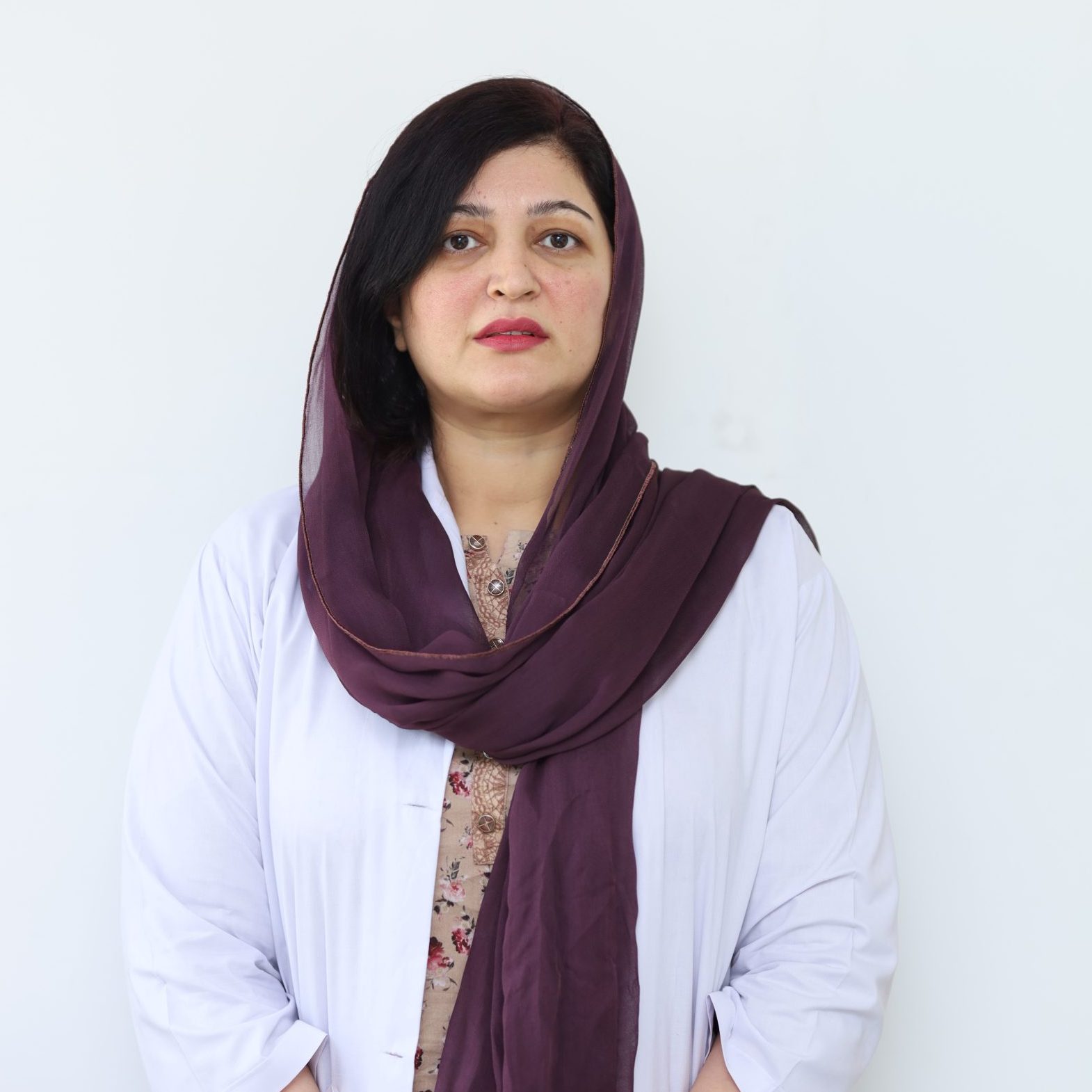The Hematology Department specializes in the diagnosis and treatment of disorders related to blood and blood-forming tissues. Services provided typically include the diagnosis and management of blood cancers (such as leukemia, lymphoma, and myeloma), bleeding disorders (such as hemophilia and thrombocytopenia), clotting disorders (such as deep vein thrombosis and pulmonary embolism), anemia, and other blood-related conditions. The department offers a range of diagnostic tests, including blood tests, bone marrow biopsies, and genetic testing, as well as treatments such as chemotherapy, radiation therapy, blood transfusions, and stem cell transplants. Additionally, the Hematology Department may collaborate closely with other specialties, such as oncology, pathology, and radiation oncology, to provide comprehensive care for patients with blood disorders.
Services:
The Hematology Department provides diagnosis and treatment for blood-related disorders, including;
- Blood cancers
- Bleeding disorders
- Clotting disorders
- Anemia
Services typically include
- Diagnostic tests
- Chemotherapy
- Radiation therapy
- Blood transfusions
- Stem cell transplants
Our Doctors
Dr. Masooma Raza
Consultant HematologistDr. Umbreen Hashim
Consultant HaematologistDr. Hina Zaib
Consultant HaematologistFAQs:
1. What conditions does the Hematology Department treat?
The department treats a wide range of blood-related disorders, including leukemia, lymphoma, myeloma, hemophilia, thrombocytopenia, deep vein thrombosis, anemia, and other hematological conditions.
2. What are the symptoms of blood disorders?
Symptoms vary depending on the specific disorder but may include fatigue, weakness, easy bruising or bleeding, frequent infections, swollen lymph nodes, and unexplained weight loss.
3. How are blood disorders diagnosed?
Diagnosis typically involves a combination of medical history, physical examination, and diagnostic tests such as blood tests, bone marrow biopsy, genetic testing, and imaging studies.
4. What treatments are available for blood disorders?
Treatment depends on the type and severity of the disorder but may include chemotherapy, radiation therapy, targeted therapy, immunotherapy, blood transfusions, clotting factor replacement therapy, and stem cell transplantation.
5. What is the difference between benign and malignant blood disorders?
Benign blood disorders are non-cancerous conditions that do not spread to other parts of the body, while malignant blood disorders are cancerous conditions that can spread to other organs and tissues.
6. What is a stem cell transplant?
A stem cell transplant, also known as a bone marrow transplant, involves replacing damaged or diseased bone marrow with healthy stem cells to restore normal blood cell production. It is commonly used to treat certain types of cancer and other blood disorders.
7. Can blood disorders be cured?
Some blood disorders, such as certain types of leukemia and lymphoma, can be cured with appropriate treatment, while others may be managed to control symptoms and improve quality of life.
8. Are blood disorders hereditary?
Some blood disorders have a genetic component and may run in families, while others may be acquired due to environmental factors or other underlying health conditions.
9. How can I prevent blood disorders?
While not all blood disorders are preventable, maintaining a healthy lifestyle, avoiding exposure to toxins, practicing safe sex, and seeking prompt medical attention for symptoms can help reduce the risk of certain blood disorders.
10. Where can I find more information about blood disorders?
You can find more information about blood disorders from reputable sources such as the American Society of Hematology (ASH), National Institutes of Health (NIH), and Mayo Clinic. Additionally, healthcare providers and hematologists can provide personalized information and guidance.





